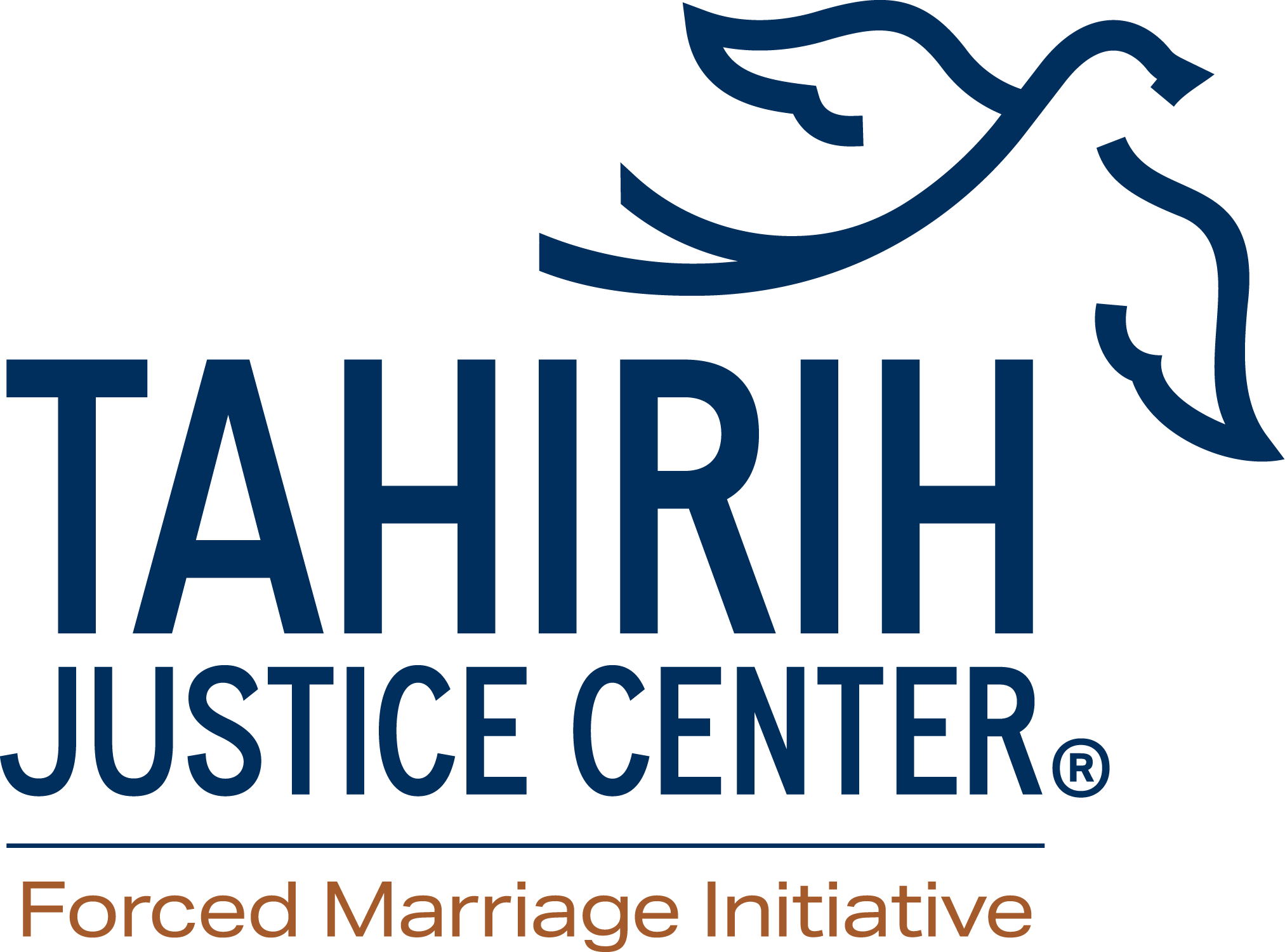Policy Recommendations
Forced Marriage is a serious problem in the United States
Thousands of individuals — girls and women, as well as boys and men, from diverse ethnic and religious backgrounds — may face forced marriages every year, denied the right to decide whether, when, and whom to marry. In one of the first attempts to quantify the extent of forced marriage in the United States, a 2011 national survey by Tahirih identified as many as 3,000 forced marriage cases in a period of just two years.
Forced marriage victims often fall between the cracks in the United States, with dire consequences. They can suffer severe and lifelong harm, including physical and mental health issues, barriers to education, and domestic and sexual abuse.
Current laws and resources are inadequate to address the unique challenges associated with forced marriage. Tahirih Justice Center urges action on the following policy recommendations to protect and support those facing or fleeing forced marriages, and to end this human rights abuse in the United States.
Our Response
The U.S. should develop and adopt a national action plan in collaboration with advocates, survivors, and impacted communities – to connect federal and state agencies, outline gaps and needs, and drive and measure progress toward specific goals.
Our Priorities
- Increase understanding of forced marriage as a form of family violence and abuse, and build the capacity of existing programs to assist victims.
- Dedicate funding for new forced marriage-specific resources and programs.
- Ensure access to civil protection orders for forced marriage victims.
- Strengthen state laws on the age of consent to marry.
- Implement safeguards in federal immigration laws for marriage-based visas.
- Ensure that criminal justice options are available to forced marriage victims.
To read more about Tahirih’s proposals please see our full policy recommendations to address forced marriage in the U.S.



